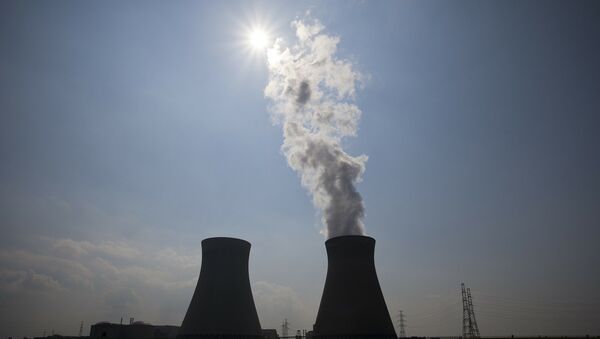Hubertus Zdebel, Bundestag deputy from Germany's Left Party, fears that the Vattenfall case could set a precedent for future similar cases and pose a serious danger to the EU's national governments, especially if the EU signs the TTIP and CETA agreements.
"In my opinion, this process will serve as a model for the arbitration bodies provided in the TTIP and CETA. This is about parallel justice taking place, the task of which is to protect concerns from the negative impact of national laws. In this case, the process should be a warning signal with regard to the conclusion of TTIP," Zdebel told Sputnik.
Vattenfall is demanding € 4.7 billion in compensation from the German government for the suspension of the work of its two nuclear power plants located in Germany in 2011. The decision came as a result of the reversal of Germany's course in the field of nuclear energy following the Fukushima disaster.
At that time, Vattenfall "was investing in new nuclear power plants" and couldn't "close its eyes" to the great losses, resulting from these changes, Vattenfall's representatives claimed.
"I believe Vattenfall has very good chances [to win the case]. The arbitral tribunal could decide that this case involves breach of trust. The energy concerns and the federal government signed an agreement on the extension of operating nuclear power plants, which is why the companies had to make serious investments. And then, all of a sudden after Fukushima, [the government] has changed its safety policy in relation to nuclear power plants and made all of them useless, with the new law prohibiting to operate them," Prof. Dr. Hans-Jorg Dederer told Sputnik.
Vattenfall's representatives are, however, confident that the trial in Washington that started last week will be successful. The final decision is set to be made in the second half of 2017.




